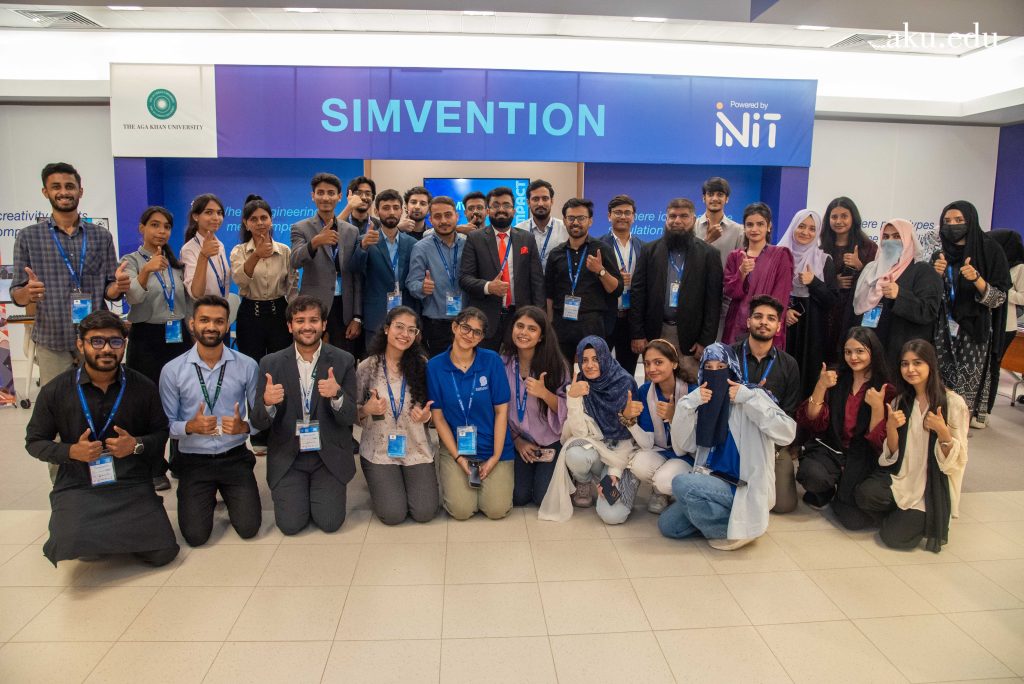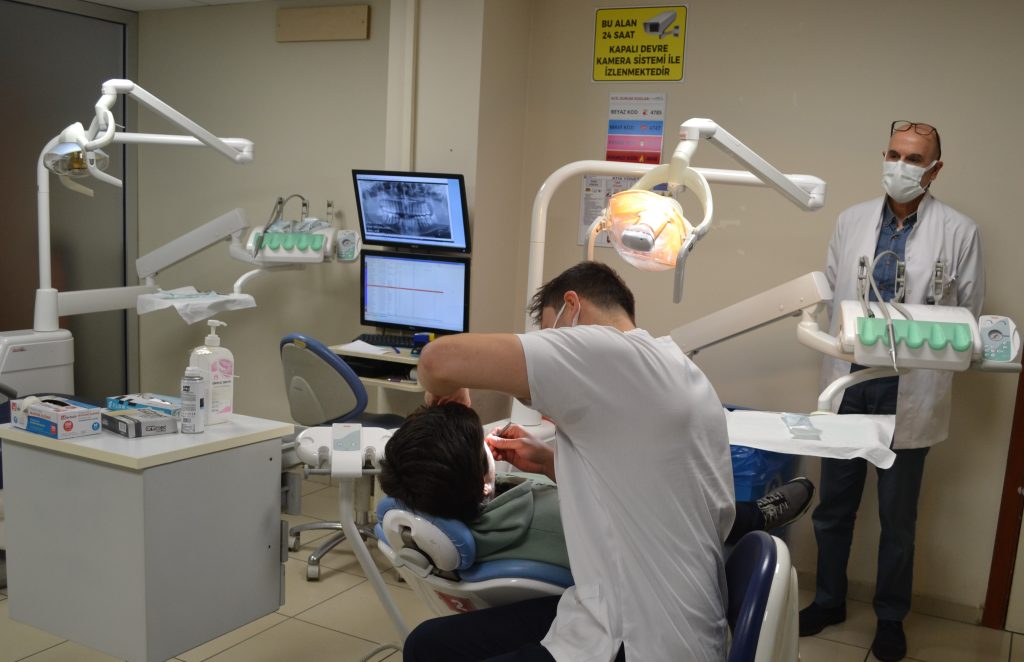Feedback is something we give every day in simulation, yet asking for it ourselves takes courage. Asking for it shows humility, receiving it builds trust, and documenting it fuels growth. Angelia DeWeese shares how seeking feedback in simulation, though sometimes uncomfortable, can be a powerful tool for growth. She’s found that when she stop fearing feedback and start embracing it, she discovered new ways to lead, teach, and connect. Feedback isn’t a threat, it’s a gift waiting to be opened.
As simulation professionals, we give feedback on a regular basis. We give it to learners during debriefs. We give it as we coach simulation facilitators. We even give it to our institutions as we identify opportunities for process improvement. We are good at giving feedback. We know it is essential for growth and development.
But here is the real question: Do you regularly ask for feedback from those you serve?
Feedback as a Tool for Personal Growth
It’s never pleasant to listen to, or to dole out, constructive criticism. And yet, feedback is at the core of growth. I was recently struck by an article in Science that argued academics need feedback on interpersonal skills as much as on research output. The author reflected: “As I took charge of my personal growth, I stopped fearing feedback and started to seek it out. I also began to document comments, negative and positive, which kept me honest about what was said and helped me decide how I wanted to grow”. (Ghai, 2021)
That idea resonated with me. What if we, as simulation professionals, made a habit of not only asking for feedback but also documenting it, capturing the words, the tone, and the moments that helped us reflect? Taking notes on feedback could be a powerful way to track progress, identify patterns, and remind ourselves that growth is incremental.
Science itself is built on feedback. Every peer review, every discussion, every revision cycle is a step toward improvement. Shouldn’t we, as simulation professionals, embrace the same mindset?
Asking for Feedback in Practice
With learners, we might ask for feedback on scenario design, on our ability to listen, or on whether they felt psychologically safe.
When working with subject matter experts, we can ask if we clearly communicated the design process, if we truly understood the problem they wanted to solve, if our responses were timely, and if the final simulation met their goals.
When coaching simulation facilitators, we can check if we are preparing them adequately with best practices, and whether we are providing the right balance of modeling versus opportunities to practice.
The Importance of Being Specific
It is helpful if our request for feedback is concrete. I have found that when I simply ask, “What feedback do you have for me?” the answers are often vague. But when I ask more specific questions, such as, “What question could I have asked in the debrief but didn’t?” or “How can I become a better simulation coach for you?”, the responses become far more meaningful.
Research also shows that specific and goal-oriented feedback is the most effective in improving learning among those receiving it (Panadero & Lipnevich, 2022).
Safety and Trust: The Foundation of Feedback
Even the best feedback falls flat without psychological safety. When people feel safe to ask for and receive feedback without fear of judgment, they open the door to growth, connection, and innovation. They bring their full selves to the table—ready to collaborate, take risks, and rise to challenges. Psychological safety isn’t just a backdrop—it’s the foundation that transforms feedback into fuel for transformation.
Integrity in the Feedback Process
If we value feedback as a cornerstone of successful simulation, then integrity demands that we participate in it ourselves. Asking for and receiving feedback not only improves our professional practice but also deepens our empathy for what it feels like to be on the receiving end.
I’ll admit: I’m a little nervous each time I ask for feedback. But I’ve also learned to look forward to it. People always surprise me with their insights, showing me something about myself I hadn’t considered, and I always come away better for it.
As simulation professionals, embracing feedback doesn’t just make us better at our jobs. It makes us better colleagues, better leaders, and ultimately, better people.
REFERENCE
Ghai S. Getting personal. Science 2021; 374 (6565): 366
Panadero E & Lipnevich AA. A review of feedback models and typologies: Towards an integrative model of feedback ele-ments. Educational Research Review 2022, 35, 100416. https://www.sciencedirect.com/science/article/pii/S1747938X21000397
Parpucu H & Al-Mabuk R. The Role of Feedback in Teacher Professional Development. EIKI Journal of Effective Teaching Methods, 2023; 1. 10.59652/jetm.v1i4.77.
READ ALSO













































